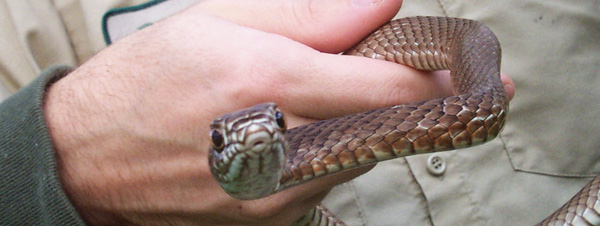- info@wildlifeanimalcontrol.com
Call us for help in your town
Wildlife Control Education
Is it safe to handle a wild animal with bare hands?
It is not safe to handle the wild animals’ bare hands. The Rabies may be transmitted between the humans and the animals. It may pass through saliva; bite from the infected animals and through saliva. Even if any mammal may get the rabies, the typical carriers are the bats, coyotes, foxes, skunks and raccoons. To be safe from the rabies, you should not handle barehanded the orphaned, injured or sick mammals especially these of bats, coyotes, foxes, skunks and raccoons. You may not be safe even if they may be looking young and weak. When the animal bites you, you should check with the physicians at once. You should scratch or scrub the wounds using antiseptic soap or you can flash with the water many times.

The raccoons are the common host for the roundworms. They are the host for the intestinal parasites known as Baylisascaris procyonis. These parasites may be harmless to the raccoons and they have the potential of being harmful or even fatal for other species and this include the humans. The parasite is transmitted by handling the raccoon feces or by ingesting their eggs. For this, you should not try to handle the dropping of the raccoons and the raccoons themselves. The people who handle the raccoons without using the protective gear can be at high risk of getting this disease.
It is always good not to get involved with the wild animals and the wild animals do not have to be kept like the pets. When anyone has been scratched, bitten or licked by wild animals, it is important to let the doctor examine them since it can be a serious problem. When you find a young animal that look as it has been abandoned, you should know that in reality, it may not be abandoned since the mother will come to get it. If any animal is rabid, it will not be rehabilitated. When you find any wild animal, always call the people in charge in your area. If the animal is at risk like in the cats or dog’s mouth and in the parking lot, you should use a blanket or gloves to put it in the area where it is safe before calling.
Go back to the How to get rid of wildlife home page.
Need animal removal in your hometown? We service over 500 USA locations! Click here to hire us in your town and check prices - updated for year 2020.
Read more educational articles to help with your wildlife problem. Find out why woodpeckers peck on the house, what are the risks of animals chewing on electric wires, and what wildlife rehabilitators do with wild animals. I can show you how to clean wild animal waste out of your attic, how to get wild animals out of a wall, how to get rodents out of a wall, and how to track wild animals. Learn what to do if you find an orphaned baby wild animal wandering about, how to trap voles, how to get rid of voles, and how to keep away voles. Find out if more reodents live in urban or wild areas, how to remove an animal living under a house, and the most comon types of animals that live in attics. Find out how to get an animal out of a tree, where you should relocate a trapped animal, the best bait to trap a rodent, and if it is even legal to trap a rodent.

















